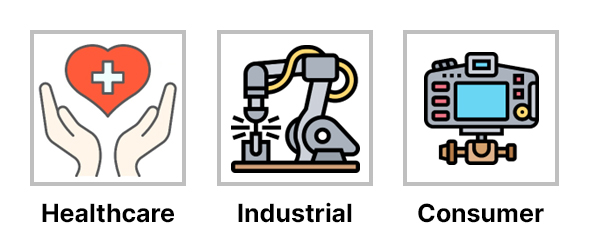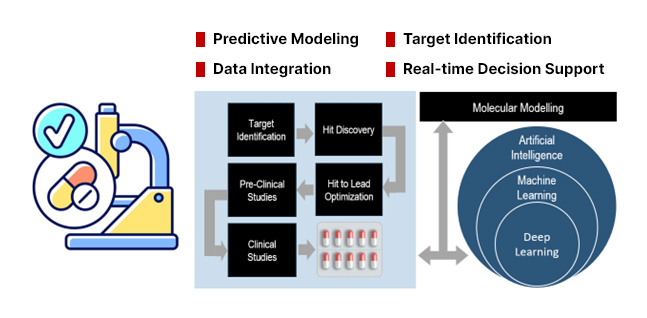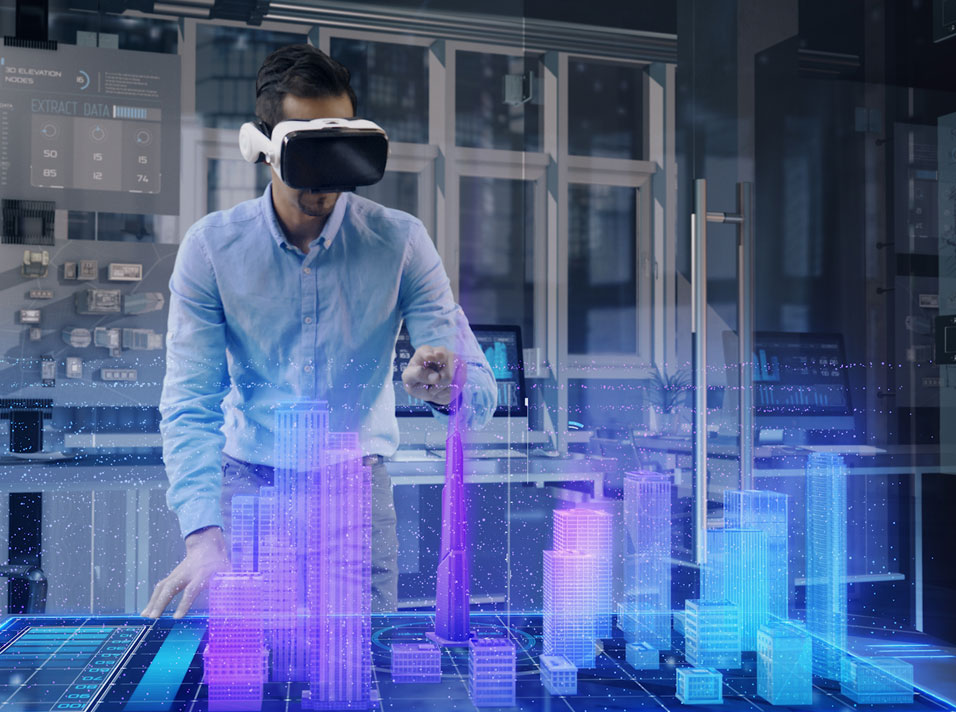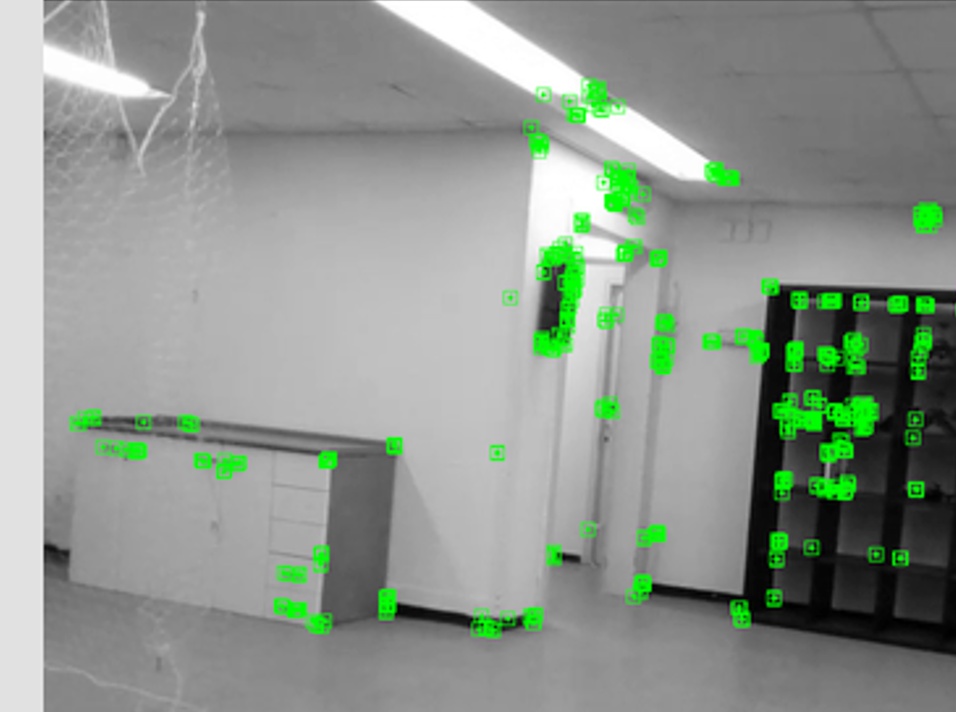Introduction
In the ever-evolving landscape of technology, Artificial Intelligence (AI) stands as a beacon of innovation, revolutionizing industries across the board. From healthcare to manufacturing and everyday consumer experiences, AI applications are reshaping the way we live and work. In this blog, we’ll delve into the diverse applications of AI in medical, industrial, and consumer domains, exploring real-world use cases that highlight the transformative potential of this groundbreaking technology.

AI in Medical Domain: Pioneering Healthcare Solutions

Diagnostic Precision:
AI is making remarkable strides in medical diagnostics, enhancing the accuracy and speed of disease detection. One notable example is the application of AI in medical imaging. Algorithms can analyze radiological images, such as X-rays and MRIs, to identify abnormalities and assist healthcare professionals in making more precise diagnoses. This not only reduces the margin of error but also expedites the decision-making process, ultimately improving patient outcomes.
Personalized Treatment Plans:
Tailoring medical treatments to individual patients is a complex task, but AI is rising to the challenge. Machine learning algorithms can analyze vast datasets, including patient records and genetic information, to identify patterns and predict how a patient might respond to specific treatments. This personalized approach holds immense promise for conditions like cancer, where targeted therapies can significantly improve efficacy while minimizing side effects.
Remote Patient Monitoring:
In the era of telemedicine, AI plays a crucial role in remote patient monitoring. Wearable devices equipped with AI algorithms can continuously track vital signs and other health parameters. This real-time data enables healthcare providers to monitor patients remotely, intervene promptly in case of anomalies, and provide proactive care. This is particularly beneficial for individuals with chronic conditions, allowing them to maintain a higher quality of life while reducing the burden on healthcare facilities.
AI in Industrial Domain: Optimizing Efficiency and Precision

Predictive Maintenance:
In the industrial realm, AI is transforming maintenance practices from reactive to proactive. By analyzing sensor data from machinery, AI algorithms can predict when equipment is likely to fail, enabling companies to schedule maintenance before a breakdown occurs. This not only minimizes downtime but also extends the lifespan of machinery, leading to substantial cost savings.
Supply Chain Optimization:
AI-driven analytics are reshaping supply chain management by providing insights that were previously unattainable. From demand forecasting to inventory management, AI algorithms can analyze vast datasets to optimize every aspect of the supply chain. This results in reduced costs, improved efficiency, and a more responsive and resilient supply chain that can adapt to unforeseen disruptions.
Quality Control:
Ensuring product quality is paramount in manufacturing, and AI is playing a pivotal role in automating and enhancing quality control processes. Computer vision systems powered by AI can inspect products with incredible precision, identifying defects and anomalies that may go unnoticed by human inspectors. This not only improves the overall quality of products but also accelerates the production process.
AI in Consumer Domain: Elevating Everyday Experiences

Virtual Assistants and Smart Homes:
AI-powered virtual assistants, such as Siri and Alexa, have become ubiquitous in households, turning homes into smart, interconnected spaces. These assistants use natural language processing and machine learning to understand and respond to user commands, whether it’s setting reminders, answering queries, or controlling smart devices. The result is a seamless and personalized living experience that adapts to the preferences and routines of the occupants.
Recommendation Systems:
E-commerce platforms and streaming services leverage AI to provide personalized recommendations based on user behavior and preferences. These recommendation systems analyze vast amounts of data to suggest products, movies, or music that align with the user’s interests. This not only enhances the user experience but also contributes to increased customer satisfaction and engagement.
Augmented Reality (AR) and Virtual Reality (VR):
AI is at the forefront of creating immersive experiences through AR and VR technologies. From virtual try-on for online shopping to interactive gaming experiences, AI algorithms enhance these technologies by providing realistic simulations and personalization. This not only captivates consumers but also opens up new avenues for innovative applications across various industries.
Conclusion:

As we witness the continued evolution of AI, it’s clear that its impact extends far beyond theoretical discussions. In medical, industrial, and consumer domains, AI is actively shaping a future where efficiency, precision, and personalized experiences are the norm. The examples highlighted here are just the tip of the iceberg, as the potential applications of AI continue to expand, offering solutions to some of the most pressing challenges across diverse fields. Embracing AI is not just about adopting a technology; it’s about embracing a transformative force that has the power to redefine the way we live, work, and experience the world. The future, it seems, is AI-driven


